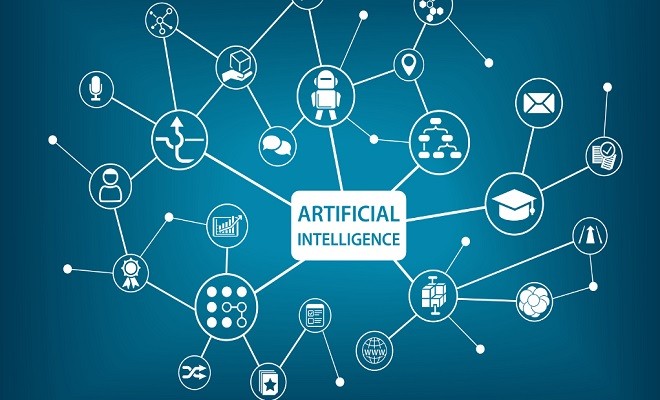Ericsson will generate around 150 new job opportunities in AL/ML, software development, data science and engineering fields in India
Telecom gear maker Ericsson has launched the Global Artificial Intelligence Accelerator (GAIA), a new centre in Bengaluru to emphasise on Research and Development in Artificial Intelligence (AI) and Automation and to boost innovation in India.
Employment opportunities
Ericsson’s new centre’s aim is to support AI, Machine learning (ML) and the emerging technologies and innovate. It will help generate around 150 new job opportunities in the fields of Data Science, Engineering, AI/ML Architecture and Software Development in 2019.
The company already has GAIAs in the US and Sweden and the overall aim is to strengthen its staff by employing more than 300 data scientists, data engineers, ML/AI architects and software developers.
“The setting up of Global AI Accelerator in India is testament to Ericsson’s long-term commitment to India, to the rich talent pool as well as the vibrant ecosystem available in the country.” ET quoted Sanjeev Tyagi, Head of Ericsson R&D Bengaluru.
He added that GAIAs would support in accelerating projects across Ericsson’s portfolio across its business areas customer projects across the market.
The Company intends to explore partnerships with telecom service providers, industry stakeholders, start-ups and academia to bolster innovation.
Aim to work with new technologies
Ericsson said that its Bengaluru GAIA will play a major role in leveraging AI and Automation technologies to create data-driven, intelligent and strong systems for automation, evolution and growth
“With the advent of 5G and Internet of Things (IoT), we expect to see an explosion in the number of potential ways in which we will use the networks of the future. The traditional methods of managing and running networks will no longer scale. AI/ML driven automation will be a necessity to manage these networks,” Tyagi said.
He added that the data-centric technologies would offer opportunities and business models for telecom service providers.










